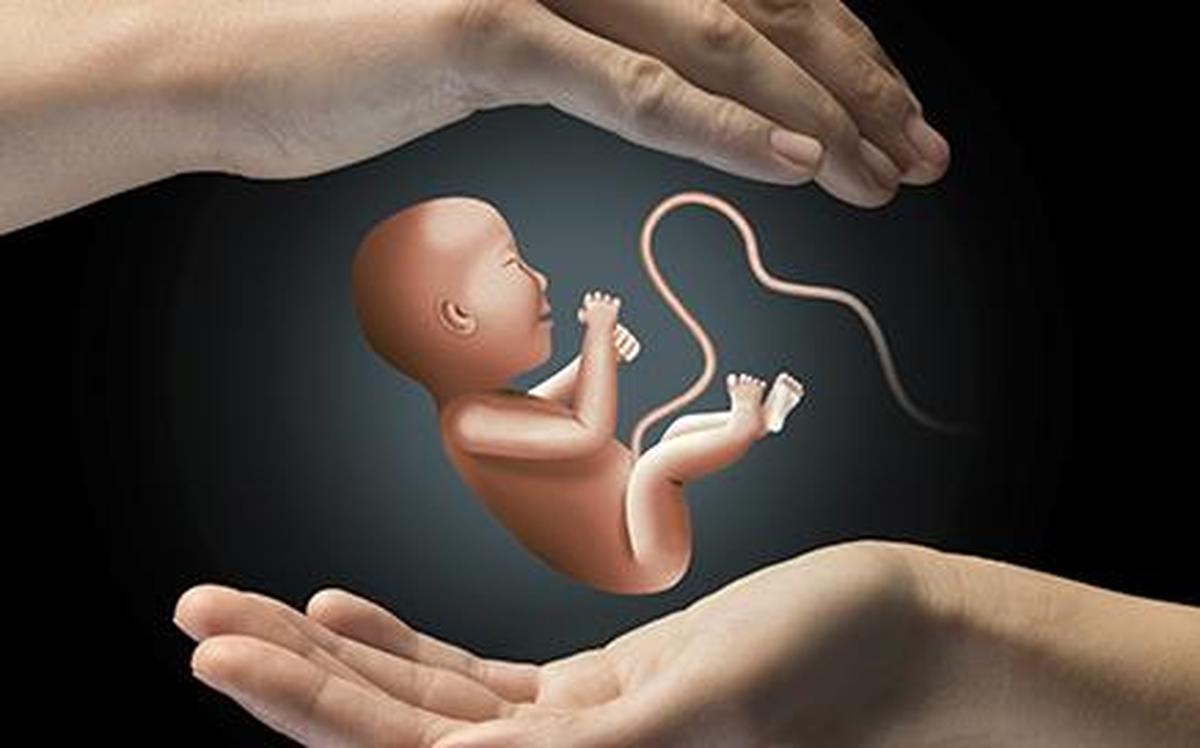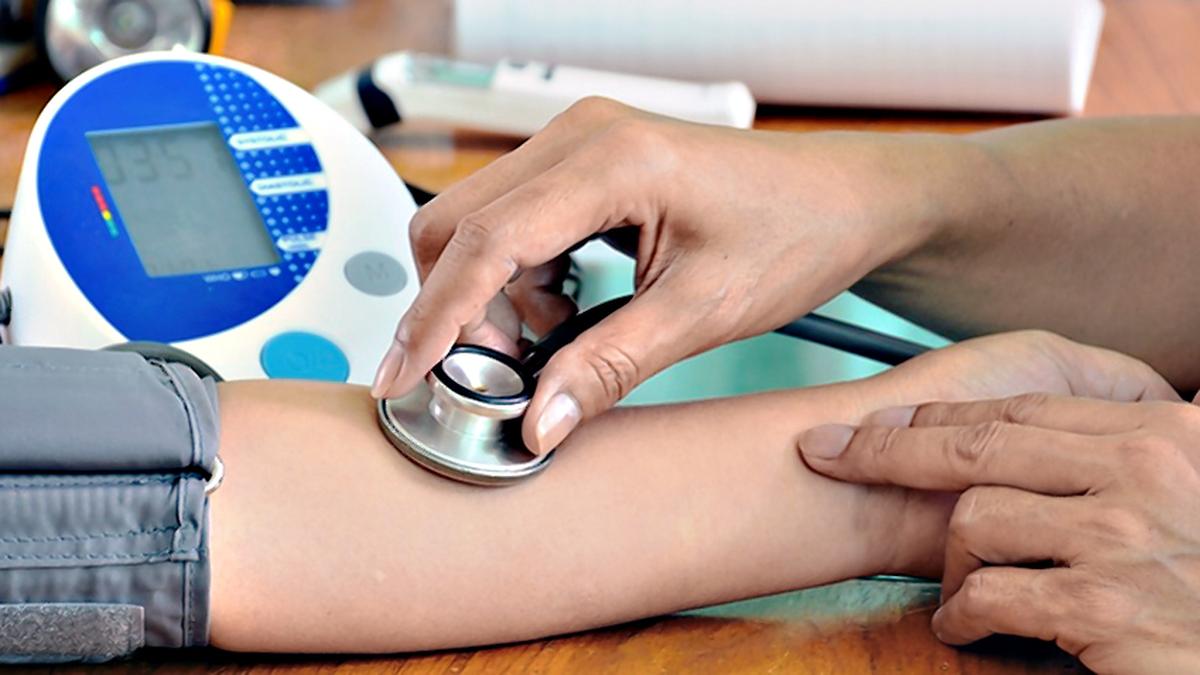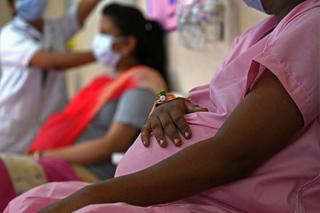The shocking incident of a minor girl delivering a baby inside a government hostel washroom in Koppal district has triggered intense public outrage, leading the Karnataka State Commission for Protection of Child Rights (KSCPCR) to register a suo motu complaint. The Commission stated that the case reflects a severe breakdown in child protection mechanisms within residential hostels meant to safeguard vulnerable students. The suo motu action seeks accountability from all responsible departments and aims to ensure that systemic gaps are immediately identified and addressed. Officials emphasize that the case demands not only legal action but also institutional reform.
The Commission has formally requested detailed reports from the Department of Women and Child Development, the Social Welfare Department, and district-level hostel management authorities. According to Commission members, the lack of vigilance that allowed the teenage girl’s pregnancy to go unnoticed raises significant concerns about monitoring standards and staff responsibility. KSCPCR Chairperson also stated that suo motu intervention was necessary due to the “gravity of negligence” and the vulnerable status of the child involved. The Commission insists that such incidents must be treated as institutional failures, not isolated events.
Police investigations revealed that a youth from the same district has been booked for rape following the girl’s statement. Five hostel staff members were also named for severe negligence for failing to notice signs of distress and for not maintaining proper oversight of the children under their care. The Commission reiterated that staff in-charge of residential hostels carry a legal and moral responsibility to ensure physical, emotional, and psychological safety of all minors. According to officials, the inquiry will focus on whether the mandatory reporting procedures under the Protection of Children from Sexual Offences (POCSO) Act were followed in time.
The KSCPCR has emphasized that children staying in hostels are often from economically vulnerable or socially marginalized backgrounds, making it essential for institutions to establish regular health check-ups and counselling support. In this case, the apparent absence of any mechanism to detect changes in the girl’s physical or emotional well-being is being viewed as a major lapse. The Commission will examine whether school authorities, hostel wardens, and local child protection units fulfilled their duties, and why early intervention mechanisms failed. Officials say that the suo motu action will demand accountability at every level.
FOCUS ON SYSTEMIC FAILURES AND ACCOUNTABILITY
Investigators and child rights advocates point out that the incident reflects broader gaps in hostel management across several districts of Karnataka. Reports from earlier audits indicate that many government-run hostels face staff shortages, irregular supervision, and lack of trained counsellors who can recognize warning signs in vulnerable children. KSCPCR intends to review whether Koppal hostel authorities complied with state guidelines mandating regular documentation of students’ health, attendance, and behaviour. The Commission also plans to assess whether grievance redressal committees in schools and hostels were functional or merely existing on paper.

Activists argue that physical infrastructure deficiencies may have contributed to the tragedy. Hostels in rural districts often lack adequate lighting, segregated facilities, accessible complaint boxes, and secure perimeters. The Commission believes that such environments reduce the sense of safety for minors and make them more vulnerable to exploitation. In the Koppal case, questions have arisen about how a pregnant minor could continue living in the hostel without medical or psychological support. Authorities have been asked to verify whether any staff had prior knowledge but failed to report it, which itself constitutes a punishable offence under POCSO provisions.
The KSCPCR has also demanded that the district administration conduct detailed medical and psychological assessments of the minor girl. Experts emphasize that survivors of sexual violence require long-term support, beyond immediate medical care. Counselling, rehabilitation services, and family support will be essential to ensure her well-being. The Commission is also monitoring whether the child’s identity is protected as mandated by law, cautioning officials and media houses against revealing any information that may compromise her privacy. According to the Commission, the minor’s safety must remain the top priority as investigations proceed.
CALLS FOR POLICY REFORM AND STATEWIDE HOSTEL AUDIT
In response to the incident, child rights groups have urged the state government to launch a statewide audit of hostels for girls, boys, and students from backward communities. The KSCPCR’s suo motu complaint includes recommendations for immediate inspection of safety protocols, reporting mechanisms, and staff training standards. Experts note that Karnataka has thousands of residential hostels, many operating without adequate oversight. The Koppal incident, they argue, is a wake-up call to address structural deficiencies that could put countless minors at risk if unaddressed.
District officials have been instructed to suspend and interrogate the staff members booked for negligence. The Commission is reviewing whether departmental disciplinary actions are being initiated in parallel with criminal proceedings. Officials believe that accountability must extend beyond punitive measures and include reinstating trust in hostel systems. They argue that children in institutional care should never be left without consistent adult supervision, access to confidential reporting channels, and routine welfare monitoring. KSCPCR members have stressed that corrective reforms must be adopted immediately to prevent recurrence.

Child protection experts have also pointed out the need for periodic staff sensitization programs. Many hostel employees lack adequate training on identifying signs of distress, behavioural changes, or trauma responses in children, which can delay intervention in cases of sexual abuse. KSCPCR is expected to push for compulsory workshops on child safeguarding, legal responsibilities, and early detection techniques. The Commission believes that strengthening human resource capacity is as important as improving infrastructural standards in ensuring child safety.
Community leaders and local representatives have expressed concern over the growing number of sexual assault cases reported from rural Karnataka. They argue that while legal frameworks such as POCSO exist, their enforcement remains weak due to lack of awareness, societal stigma, and fear of reprisal. The Commission’s swift action in the Koppal case is seen as an attempt to reinforce the message that institutions must act promptly and responsibly. Several stakeholders have urged the government to collaborate with NGOs and child rights organizations to improve support networks for vulnerable minors.
The Koppal incident has reignited debates around adolescent awareness programs in schools and hostels. Advocates argue that comprehensive educational modules on personal safety, consent, reporting mechanisms, and emotional health must be integrated into student curriculum. Many minors are unaware of their rights or fear reporting abuse due to power dynamics and lack of trust. KSCPCR plans to review whether such sessions were being conducted in Koppal and other districts as mandated. Officials believe that empowering students with knowledge is essential to building safer learning environments.

As the investigation continues, the KSCPCR’s suo motu complaint is expected to shape the state’s policy response to the growing concerns of institutional negligence. The Commission has assured that it will closely monitor every stage of the case and ensure that the child receives comprehensive protection and support. While the legal process will determine the punishment for the accused, the Koppal incident underscores the urgent need for systemic reform. Child rights advocates hope that this tragedy becomes a turning point in strengthening Karnataka’s institutional care framework rather than another forgotten case in the long list of preventable failures.
The case has also drawn attention to the accountability of local Child Welfare Committees (CWCs), which are mandated to oversee the safety and rehabilitation of vulnerable children. Critics argue that CWCs often respond reactively rather than proactively, intervening only after an incident has escalated. KSCPCR is likely to review whether the Koppal CWC had mechanisms in place to routinely assess the hostel environment and welfare of children. The Commission may further push for mandatory monthly audits by CWCs to ensure early detection of risk factors, thereby preventing abuse before it occurs, rather than responding only after harm is done.
Meanwhile, parents and community members are demanding greater transparency from state authorities. Several parents have questioned why hostels do not provide regular updates to guardians about children’s health, emotional well-being, and behavioural changes. Many argue that student welfare should not be exclusively monitored by hostel staff, but should involve structured parent-teacher interactions and health reporting systems. The KSCPCR is considering recommending an integrated digital health monitoring platform for hostel students, which could help track medical records, counselling needs, and emergency alerts. Such measures are being viewed as essential for bridging communication gaps.
Legal experts have emphasized that negligence in such cases must be treated with seriousness equal to the crime itself. While the primary accused faces prosecution for rape under POCSO provisions, experts insist that institutional negligence enabling the crime must also invite stringent consequences. They argue that punishment limited to dismissal or transfer of negligent staff fails to create deterrence. The Commission is expected to push for stronger legal action against those who failed to protect the minor, underscoring that child protection duties cannot be treated as optional or peripheral responsibilities.
Psychologists observing the case have stressed the need for trauma-informed care that acknowledges the emotional complexity faced by child survivors. They caution that forced silence, stigma, or insensitive handling can intensify trauma, potentially impacting long-term mental health. Such cases require not only medical support but also family counselling, reintegration assistance, and continuous therapy. The KSCPCR intervention may thus help push for a more comprehensive recovery system that treats survivors as individuals requiring empowerment, not just as subjects of legal proceedings. Ensuring dignity and sensitivity will be crucial to shaping her future.
Ultimately, the broader lesson emerging from the Koppal teen pregnancy case is that institutional structures designed to protect children cannot afford complacency. Hostels, schools, welfare departments, and local committees must operate with constant vigilance and empathy, recognizing that children in state care depend entirely on system integrity. The KSCPCR’s suo motu action signals a push toward restoring accountability and public trust. If the recommendations from this case translate into tangible improvements statewide, they may help prevent similar tragedies. For now, Karnataka watches as the case becomes both a test of justice and a call for systemic transformation.
Follow: Karnataka Government
Also read: Home | Channel 6 Network – Latest News, Breaking Updates: Politics, Business, Tech & More

